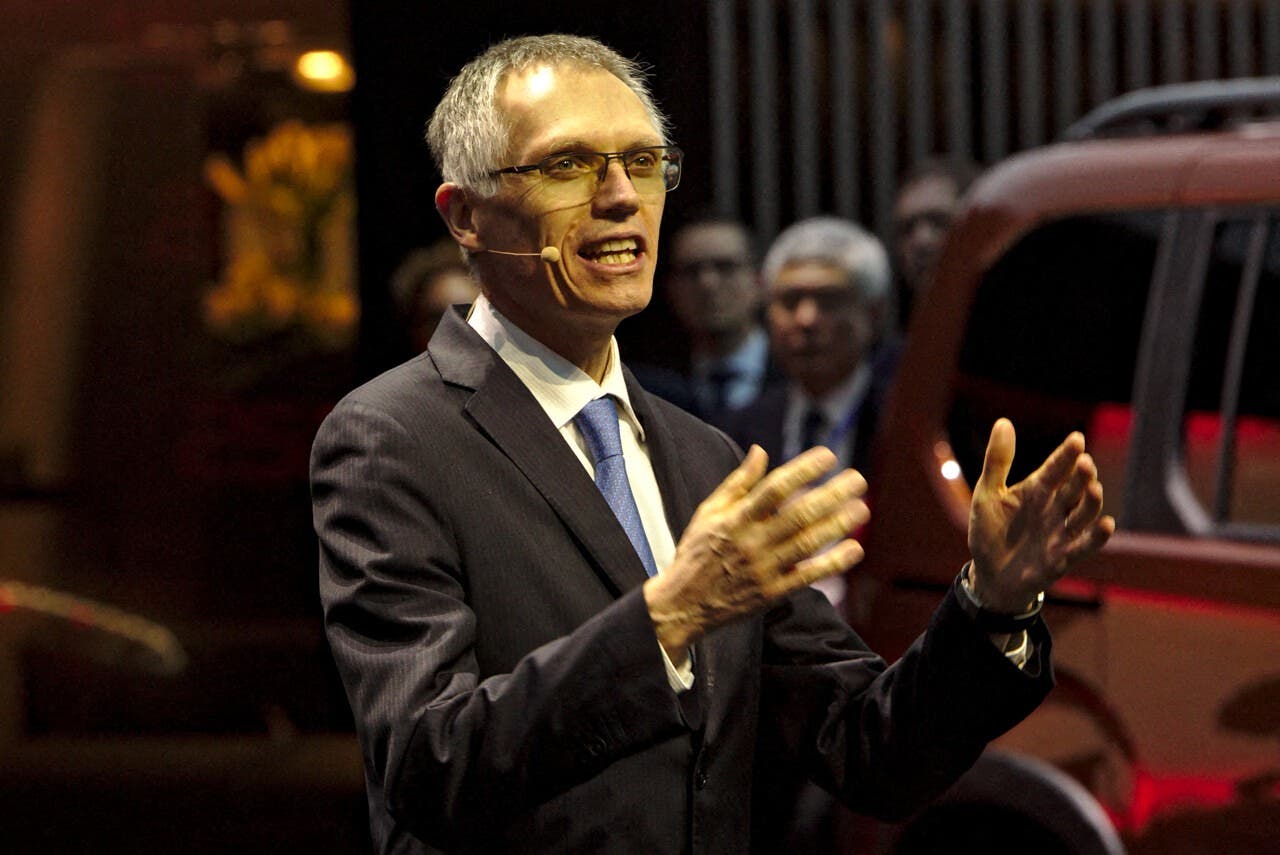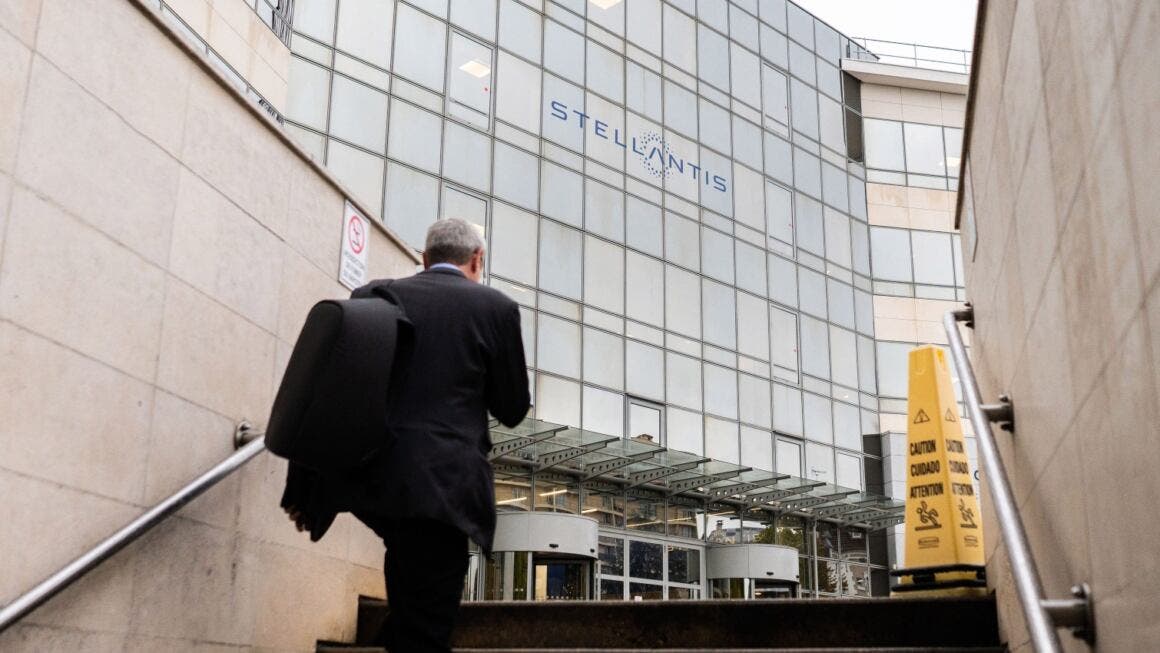Stellantis revolutionizes its work policies, impacting the lives of employees. The multinational automotive company has announced that there will soon be significant changes to its previous policy on remote work, in conjunction with major changes the company has also made among executives, which has been talked about rather assiduously lately.
Remote work is coming to an end for employees
The Stellantis company Group, since the early days of the pandemic, has always welcomed the remote work mentality very well. Now, however, following a series of major changes taking place within the company, employees may be returning to the office for much of the week. The decision was announced during the Paris Auto Show, and it certainly represents a corporate shift, especially from the point of view of workers who will soon have to change their habits. So what are the real reasons behind this choice?

Stellantis CEO Carlos Tavares, since the early periods surrounding the pandemic from Covid 19, has always been a fan advocate for employees to work remotely. Not least because at that time the company was working to reduce office space and real estate activities to cut costs. Now, however, the situation is about to change, and this was also one of the reasons why Tavares was charged both in Italy and the United States by the unions.
A minimum of 3 days a week in the office for workers
Stellantis, therefore, is about to change its previous labor policy, which up to now had 70% of work done remotely, while it is about to start requiring workers to go to the office for a minimum of 3 days a week. This is what Stellantis human resources manager Xavier Chereau said during the Paris Auto Show event, via Bloomberg. Therefore, the company will continue to work mainly remotely for a short period during which the company is actively working to completely innovate the offices and better accommodate employees, in the meantime that the company broadcasts profit warnings on all its struggling brands. Chereau also confirmed that the company needs to be united, so if a major project is being worked on, there is also the possibility that the work week will take place all within the offices.

Chereau also added to his statement that given the current situation, he himself feels the need and necessity to spend more time at the side of his team so that he can more easily collaborate and keep an eye on the situation. Stellantis is already starting to bring automotive engineers back into the office on a more regular basis in a shift, but this work plan will soon include R&D workers and several other roles.
Finally, Chereau also said that retraining workers to prepare for the transition to electric vehicles (EVs) is a major undertaking, with the automaker prepared to spend 144 million euros (~$157 million) on retraining efforts. This, too, therefore, is one of the main reasons why it will be necessary for workers to return to the plants to work with the group.

